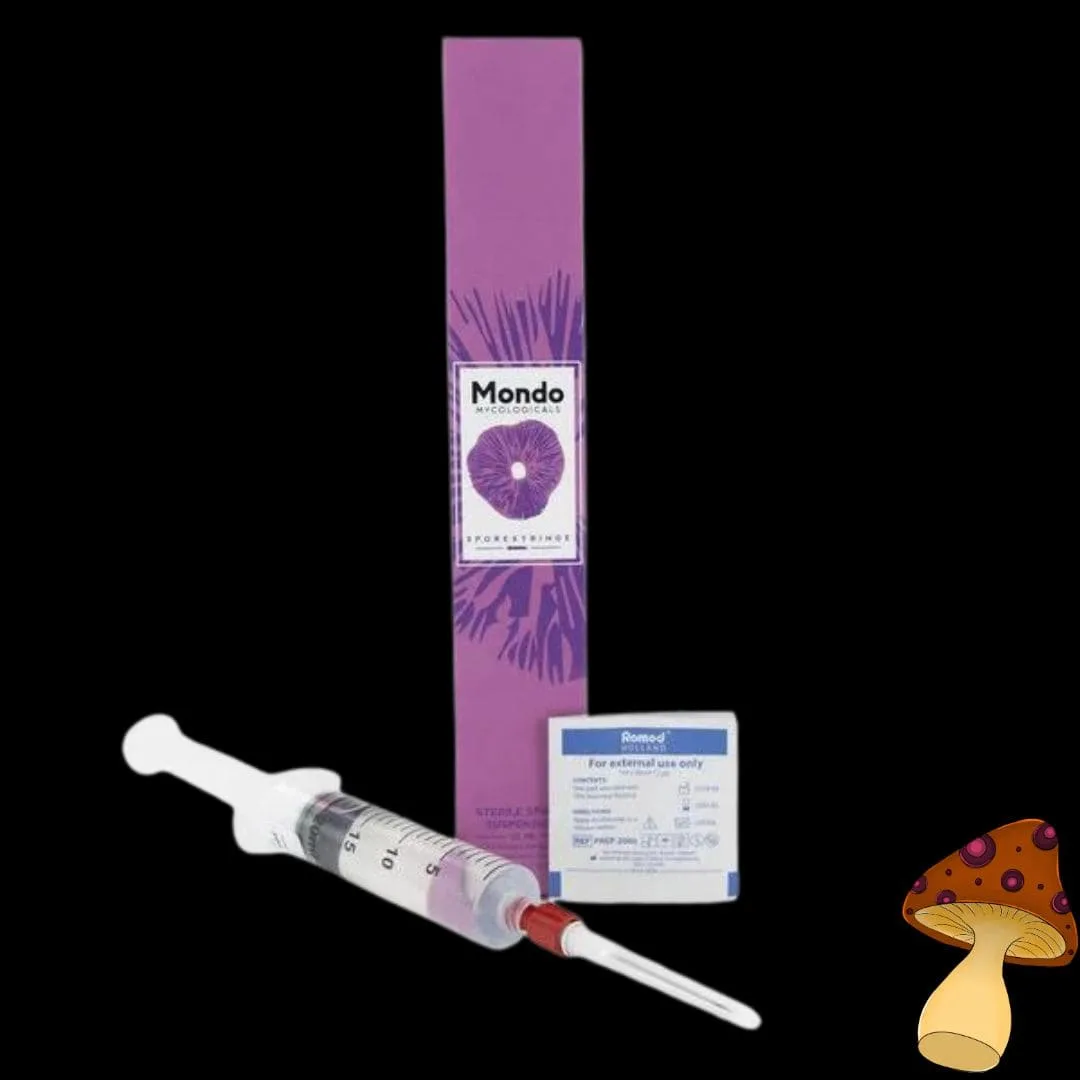The Fundamentals of Spore Biology
페이지 정보
작성자 Cecelia 댓글 0건 조회 79회 작성일 25-05-24 07:00본문
Spore biology is a relatively new and rapidly evolving field of study that focuses on the biology of spores, which are a type of reproductive structure used by some organisms. In this article, we will explore the fundamentals of spore biology, including the definition and characteristics of spores, their role in the reproductive cycle of organisms, and the different types of spores that exist.

Definition and Characteristics of Spores
----------------------------------------
A spore is a single cell that is produced asexually by certain organisms, such as protozoa. Spores are similar to seeds, in that they are a means of reproduction that allows the organism to disperse new areas. However, unlike seeds, which contain an embryo and the nutrients needed for growth, spores are simply cells that must germinate into a new individual in order to reproduce.
Spores can be found in a variety of shapes, depending on the organism that produces them. They can be oval, and can range in size from a few micrometers in diameter. Spores are typically produced in significant numbers, often tens of thousands or even dozens per individual.
Role of Spores in Reproduction
-------------------------------
Spores play a crucial role in the reproductive cycle of many organisms, including bacteria. They allow these organisms to disperse new areas, which is essential for their survival. In addition, spores provide a means of rapid reproduction and adaptation, as they can grow into new individuals in a relatively long period of time.
Types of Spores
-----------------
There are several different types of spores, each with their own unique characteristics. Some of the most common types of spores include:
Fungal spores: Fungal spores are produced by protozoa, such as mushrooms. They are often round in shape and sporenspritze legal can be found in a variety of {sizes|forms|.
{Bacterial|Fungal|Protozoan} spores: {Bacterial|Fungal|Protozoan} spores are produced by {certain types of} {bacteria|fungi|protozoa}, such as {Clostridium|Bacillus|amoebas}. They are highly {resistant|sensitive|receptive} to {heat|drought|environmental} stresses.
{Protozoan|Bacterial|Fungal} spores: {Protozoan|Bacterial|Fungal} spores are produced by {certain types of} {protozoa|bacteria|fungi}, such as {amoebas|flagellates|molds}. They are often produced in response to {environmental stress|starvation|lucrative} conditions.
Germination and Growth of Spores
---------------------------------
Spores must {germinate|grow|develop} and {grow|develop|mature} into new individuals in order to reproduce. This process is often triggered by a change in {environmental conditions|nutrition|water availability}. Once a spore {germinates|grows|develops}, it undergoes a series of complex {cellular|molecular|physiological} changes that ultimately lead to the formation of a new individual.
The germination process involves several key {steps|phases|processes}, including:
{Hydration|Activation|Cell division}: The spore absorbs water and begins to {swell|grow|expand}.
{Activation|Cell division|Germination}: The spore becomes activated and begins to exhibit {cellular behavior|molecular changes|physiological responses}.
{Cell division|Germination|Differentiation}: The spore undergoes {cell division|germination|differentiation} and begins to {grow|develop|mature} into a new individual.
Conclusion
----------
In conclusion, spore biology is a fascinating and complex field of study that continues to {evolve|expand|deepen} our understanding of the biology of spores. From their {definition|characteristics|functions} to their {role in reproduction|types|behaviors}, spores play a crucial role in the {survival|existence|prosperity} and continued {existence|growth|development} of many organisms. As researchers continue to study spores and their biology, we are gaining a greater {insight|understanding|knowledge} of the complex {cellular|molecular|physiological} processes that govern their {behavior|function|performance}.
댓글목록
등록된 댓글이 없습니다.